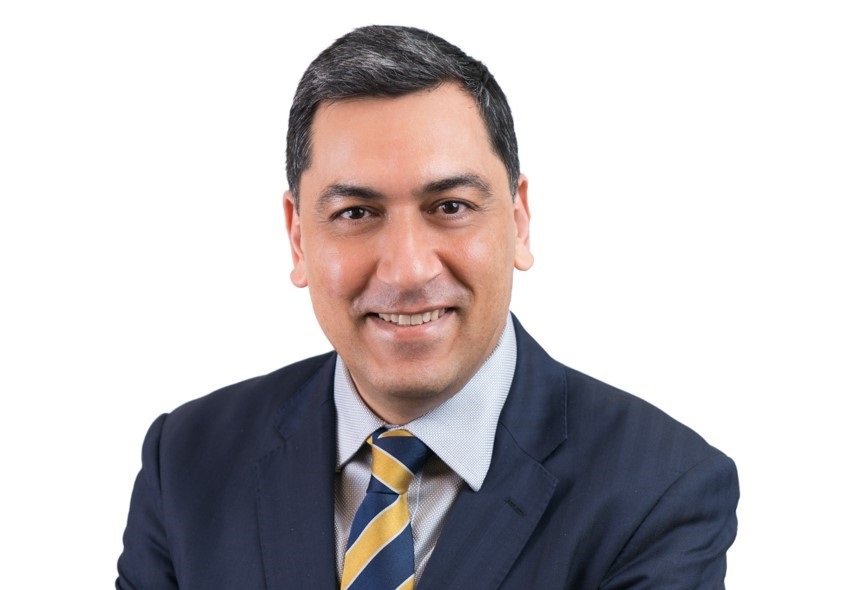
Sumir Bhatia, President APAC, Lenovo Data Center Group (DCG)
When COVID-19 swept through the globe, it put immense pressure on healthcare systems around the world; leading to an abrupt change in connectivity needs.
Hospitals grappled with modernizing healthcare infrastructure, and during this time, the world glimpsed into the potential of 5G networks as an enabler of connectivity for smarter healthcare, faster delivery of information and care.
It’s important to note that the increased burden on healthcare will continue well into the post-pandemic world. New care-delivery models such as remote patient monitoring, virtual care, robotics, and telepresence rose in prominence due to social distancing. According to a study by Market Data Forecast, the telemedicine market in APAC is expected to grow from USD 8.51 billion in 2020 to USD 22.45 billion in 2025, with a compound annual growth rate of 21.4 percent over the next five years. Though it is a small part of the healthcare department at present, it is one of the fastest growing sectors in the overall healthcare market.
In this Smart Normal and beyond, telemedicine could become as natural as getting food delivered to us via apps which could spark a mindset change - especially in fast adoption APAC markets, eg. Singapore where underlying infrastructure (tech literacy, internet connectivity etc.) made the switch to telemedicine seamless.
Telemedicine requires a network that is able to support real-time high quality video - and 5G will be a critical technology to improve collaboration and communication.
However, with the increase in the handling of confidential patient data in a virtual environment, health institutes require secure solutions to process and store patient data with capacity, flexibility and security as key needs.
Many healthcare institutions utilize on-premise data centers for security - however these are not as flexible as cloud solutions. Moreover, there is a significant barrier to entry given the stringent software and standards requirement. For greater flexibility that can still manage sensitive patient data securely, hybrid cloud will be a key solution.
Lenovo DCG recently worked with the NUHS in Singapore and helped them rapidly migrate their workloads to a hybrid cloud which has been ideal in effectively protecting the privacy of patients. It also allowed data analysts access to critical information for research efforts using AI in the medical field and streamlined processes within the healthcare spectrum, elevating the quality of healthcare administered to patients.
On top of 5G technologies, emerging technologies like HPC and AI will also be game changers in APAC healthcare, facilitating new technological breakthroughs in medical discovery.
One notable case is the discovery of the Genomics Optimization And Scalability Tool (GOAST), a CPU-based architecture optimized specifically for Genomics Analytics by the R&D team at Lenovo DCG. Genomics and other omics analyses are now a key step in nearly all biomedical projects. Unfortunately, genomics workflows routinely take 60 and up to 150 hours per sample impacting profits, growth, and delaying time to scientific insights. Most organizations have no time or resources to develop DIY alternative workarounds that scale to support population-level analytics. With GOAST, processing a single human genome has been sped up from 150 hours to a record-breaking 53 minutes. Processing more genomes means you save money, get answers faster, and your discoveries save more lives. Currently, GOAST is being deployed worldwide to accelerate research into basic science, infectious disease, and precision medicine supporting all the way from individual labs to population-level efforts at scale and with affordability.
Innovations in APAC healthcare will continue to grow in the post-COVID world, and to cater to the increased demand, technologies such as 5G, HPC and AI will be engines that drive the latest and most promising advances.




